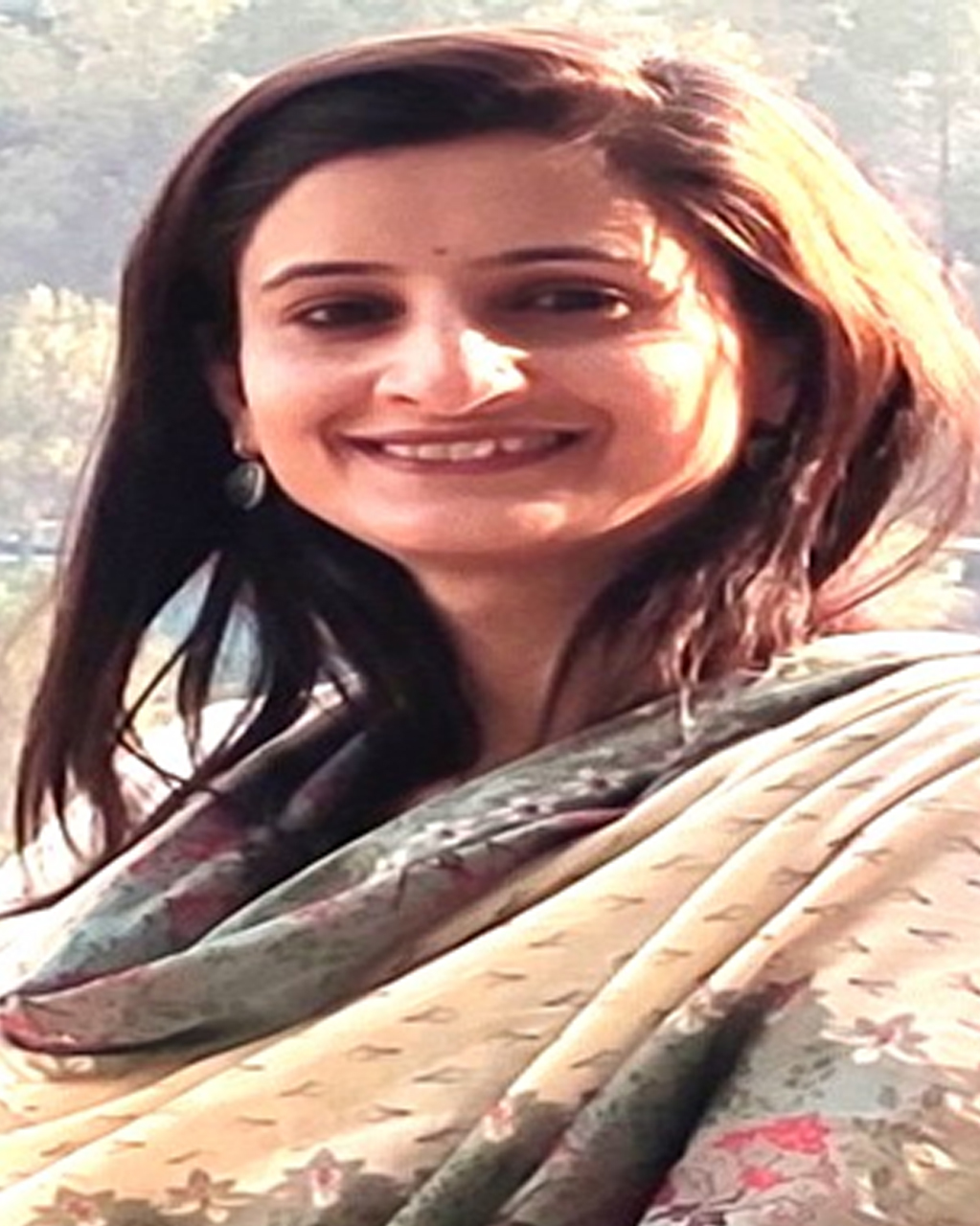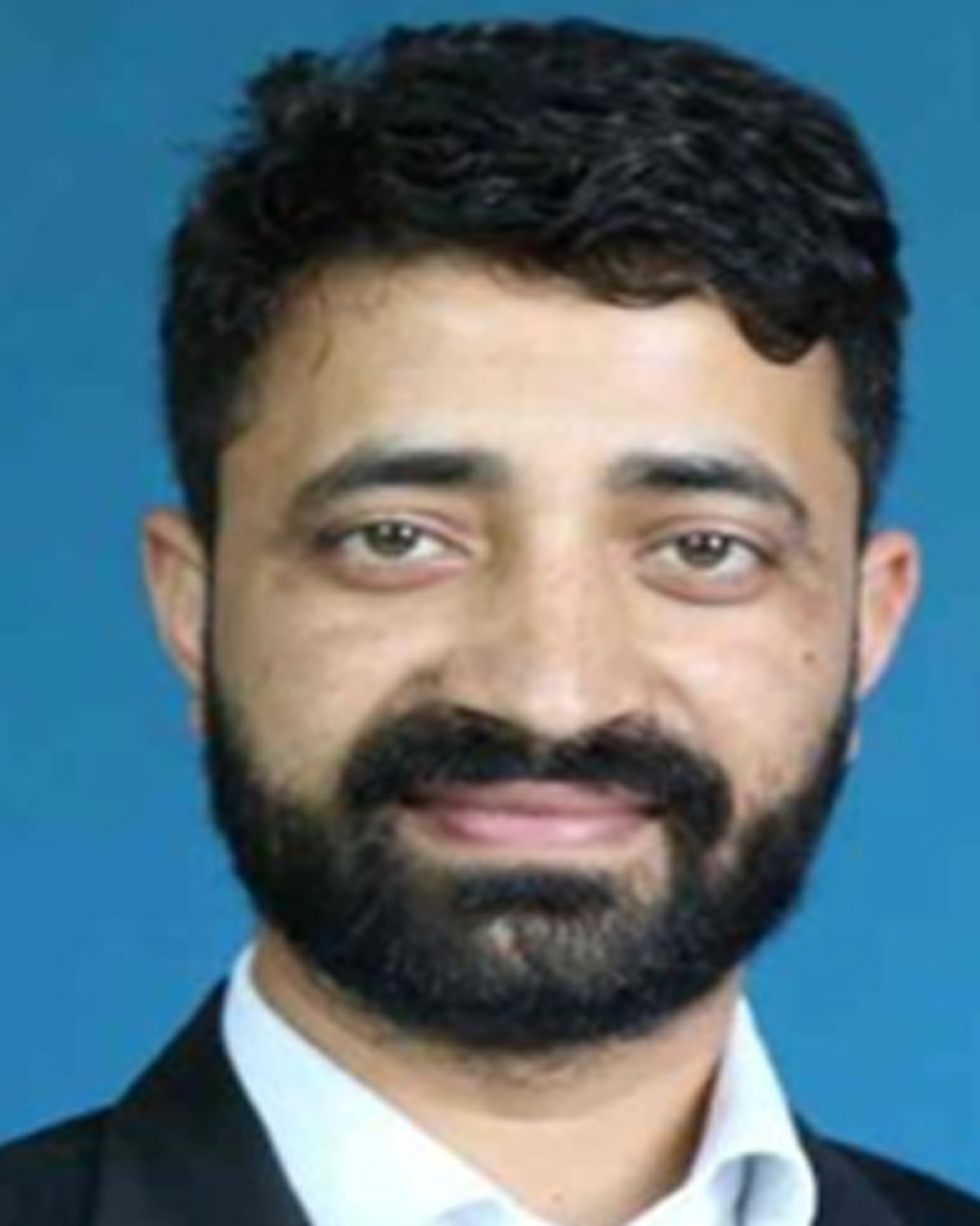PhD Human Rights
Eligibility : Four-year graduation degree by research or two-year master’s degree in Law, Political Science, Sociology, Public Administration, or a related discipline with a minimum of 55% marks.
- Duration : 3 Years
- Admission Criteria : Shoolini University’s multiple-choice entrance test, and assessment of research aptitude through concept note & faculty interaction.
PhD Human Rights is a 3-year program at Shoolini University. Human rights is the prime parameter to measure a country’s good governance, development and democracy across the systems and governments in the contemporary world.
Doctorate students will gain knowledge and skills that they can apply to different fields of work, be it policymaking, academics, or human rights activism. They learn and conduct valuable research for practical and theoretical understanding of human rights laws, politics and philosophy at the domestic, and international levels.
PhD scholars work closely with illustrious faculty members to explore and research a variety of topics.
Adopting a multidisciplinary approach, it brings together faculty members from various departments including Law, Anthropology, and Philosophy.
Shoolini scholars get global exposure through international exchange opportunities with renowned universities across the world. Prominent among these are, University of Arkansas, USA; Lanzhou University, China; University of Naples, Italy; Taipei Medical University, Taiwan; Gachon University, South Korea; South Dakota Mines University, USA.
Shoolini University is UGC Approved and NAAC Accredited.
Highlights
- Emphasis on skills and creative abilities of students through ‘Add-on Modules’
- Study from top legal luminaries such as High Court judges.
- Learn from professors from Oxford, NIH, IISc
- Follows one-student one-patent norm
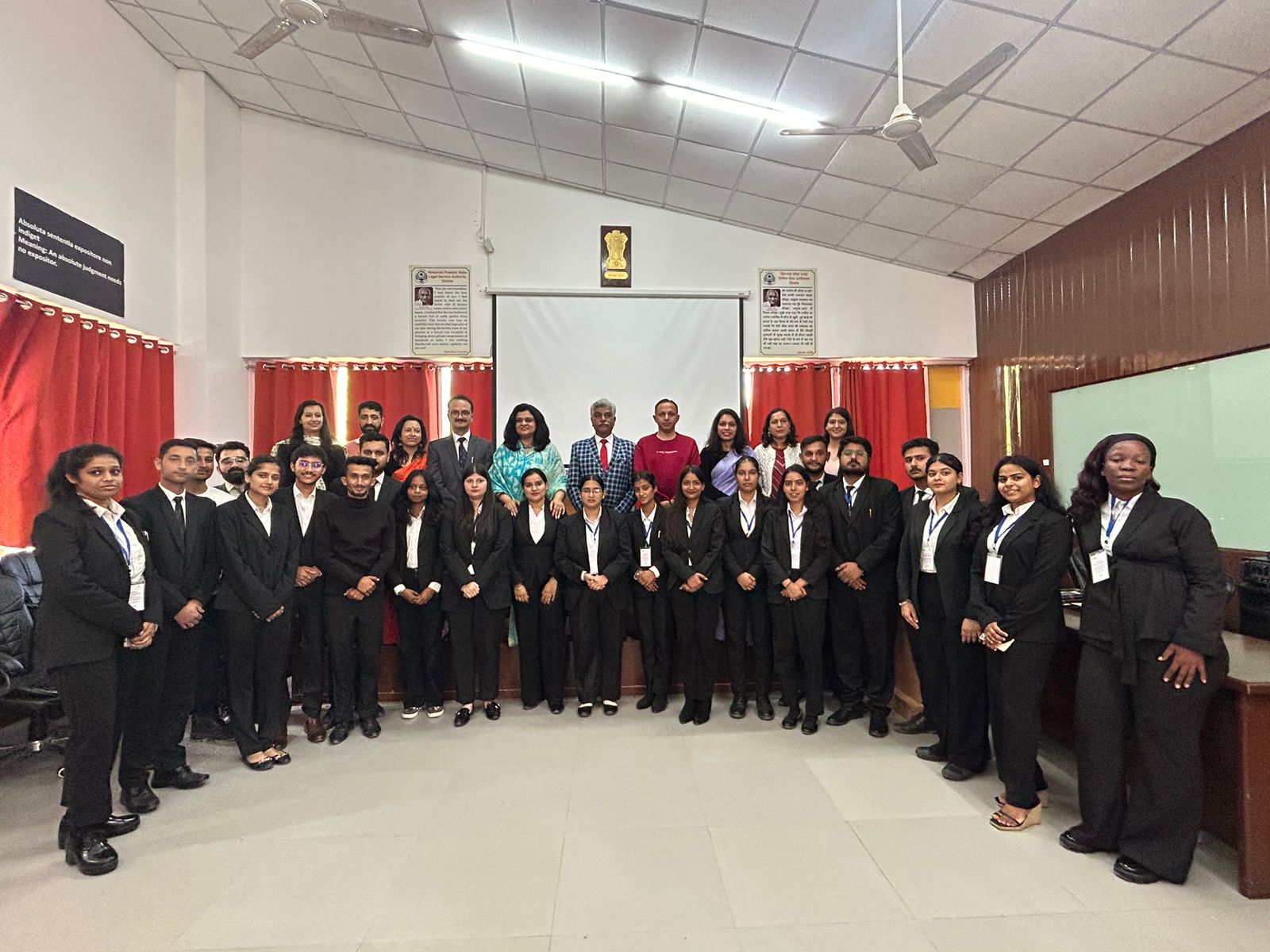
Moot Court
For aspiring lawyers and legal enthusiasts, Shoolini University's Moot Court is a training ground to hone advocacy skills.

BCI Approved Courses
Law Courses approved by the Bar Council of India, a statutory body created by the Indian Parliament.
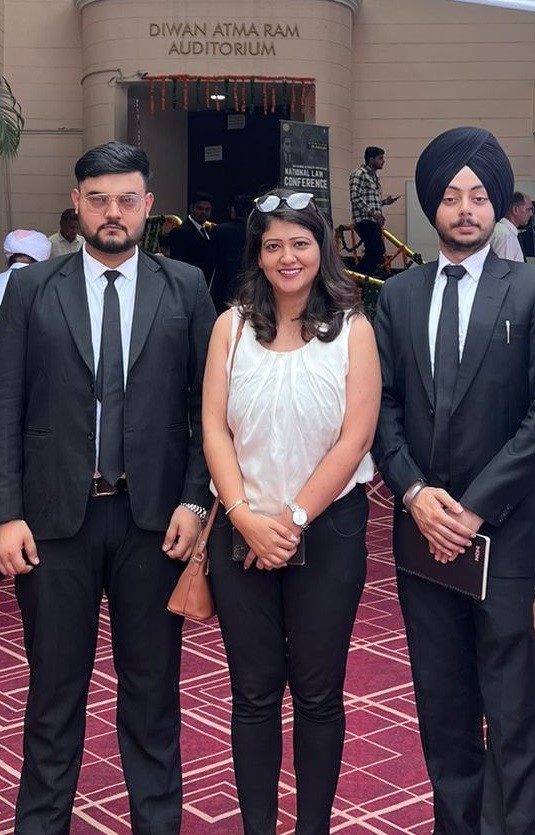
Beyond Books
Students engage in Legal Aid clinics, Model United Nations (MUNs), and legal conferences held nationwide.
PhD Human Rights Career Opportunities
- Human Rights Activists
- Human Rights Lawyer
- Legal Associate
- Public Policy Research Analyst
- Lecturer/Professor
- Product Development Leader
- Human Resources Officer


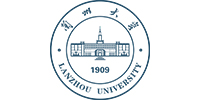
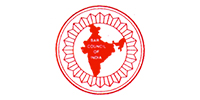
Program Details
Top Faculty
Frequently Asked Questions
Why should I pursue PhD Human Rights from Shoolini University?
A PhD in Human Rights from Shoolini University is a great choice if you want a research degree that is academically strong and connected to real-world issues. The Law courses at Shoolini are approved by Bar Council of India. With an interdisciplinary approach that combines Law and Criminology, students develop deeper research understanding and a future-ready perspective. The learning environment is student-centric, helping scholars build research that creates real impact in legal and policy spaces.
Who teaches PhD Human Rights at Shoolini University?
The PhD in Human Rights is guided by experienced faculty members at the School of Law. Students also benefit from mentorship and academic exposure through renowned legal experts, including High Court judges and top litigators, who engage with students through expert sessions and guidance. This ensures that research scholars learn from both academic and professional perspectives.
What are the future opportunities after completing PhD Human Rights from Shoolini University?
After completing a PhD in Human Rights, students can build careers in academia, research, policy-making, governance, legal research, and advocacy. The program is also relevant for those who wish to work with NGOs, human rights organisations, and national or international bodies focused on law and justice.
How do you expose students to industry experience?
The School of Law ensures that students gain strong exposure to practical legal work through platforms where learning goes beyond classroom theory. Students participate in Legal Aid Clinics, in-house internships, Model United Nations (MUNs), and national legal conferences. These experiences help scholars understand how human rights issues function in real legal settings, public platforms, and policy discussions.
Is practical training a part of PhD Human Rights?
Yes, practical exposure is an important part of the learning environment at the School of Law. Along with research work, students get opportunities to engage in legal aid activities, internships, conferences, and expert-led sessions. This helps scholars strengthen their research with real-world understanding and makes their work more grounded and relevant.
What placement opportunities are available for students who have completed a PhD Human Rights?
A PhD in Human Rights mainly opens doors in academic, research, and policy-focused careers. Graduates can explore roles in universities, research organisations, NGOs, legal research teams, and advisory roles in human rights and governance. Shoolini also follows ‘mission 130’ which offers 100% placements to all students with 30% in top organisations.
Latest Blogs
Explore the latest insights and updates in our newest Shoolini University blogs!
Still have Queries? Contact Us
Please fill in the form and an expert from the admissions office will call you in the next 4 working hours.

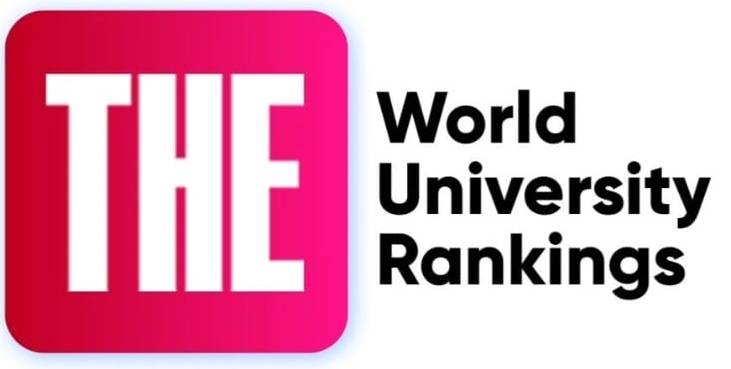


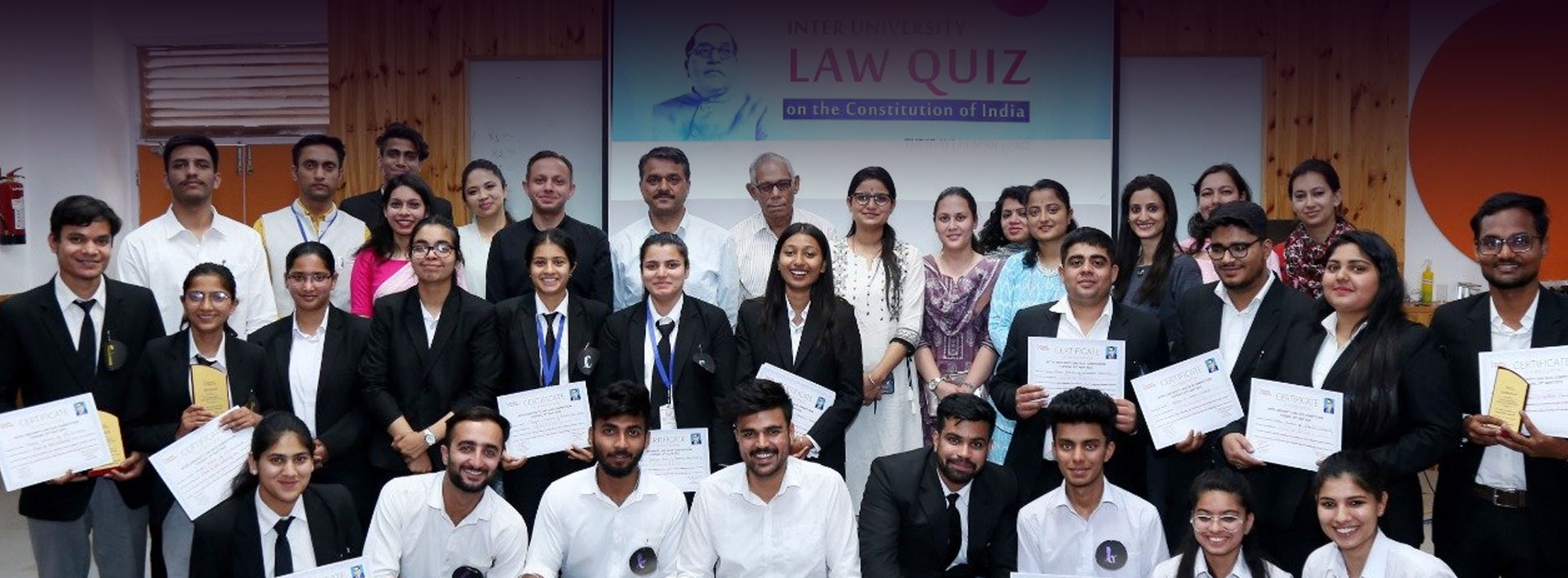
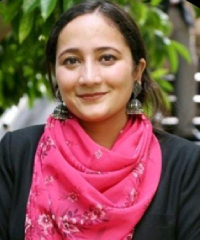


.JPG)
.JPG)


